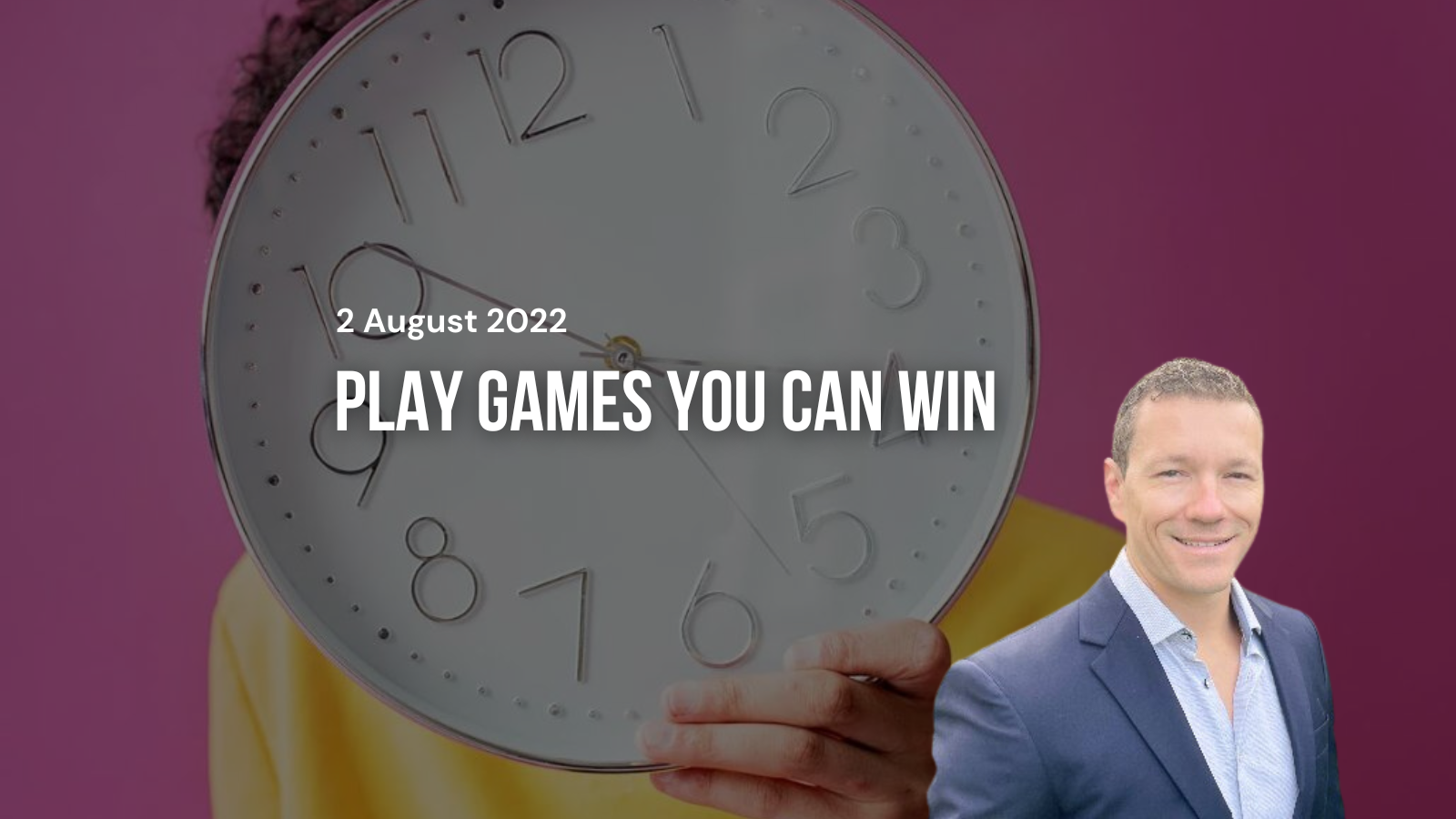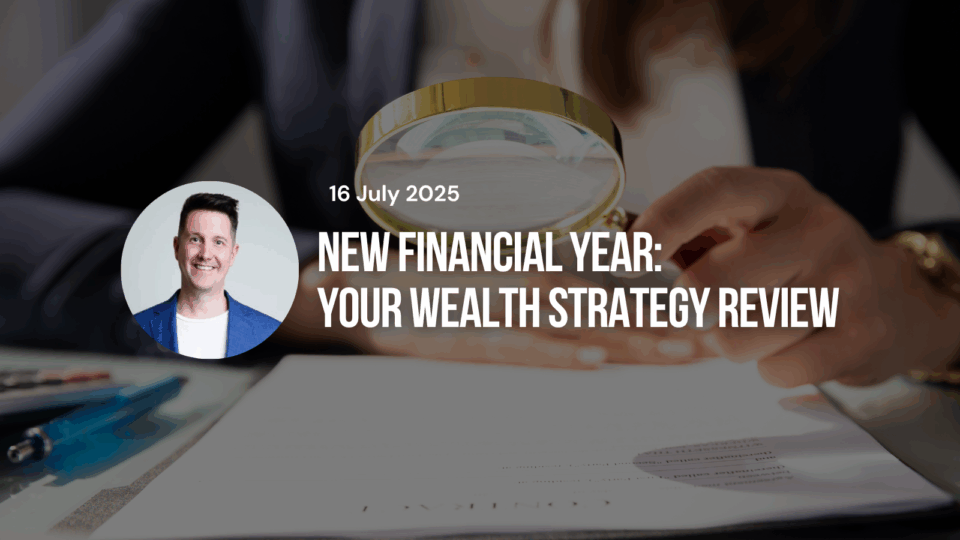
By Leigh Gant, Education Manager
2 August 2022
Scientist and statistician Simon Ramo wrote an intriguing book that many probably haven’t read or perhaps even heard of: Extraordinary Tennis Ordinary Players.
Ramo believed that tennis could be subdivided into two games: the professionals and the rest of us.
The game looks the same from the outside. After all, players play by the same rules and scoring system. They play on the same court. Sometimes they even share the same equipment. In short, the fundamental elements of the game are the same.
However, Ramo observes that while the basics of the game are identical, the way points are scored are markedly different.
Professionals work to win points. Each player, nearly equal in skill, plays a nearly perfect game rallying back and forth until one player hits the ball just beyond the reach of his opponent. Winning is about high level skill: positioning, control, spin. It’s a game of centimetres. This is not how amateurs play.
Amateur tennis is entirely different. Long and powerful rallies are not as common. Players perennially make mistakes. Balls are constantly hit into nets or out of bounds. Double faults are nearly as regular as faults.
According to Ramos:
The amateur duffer seldom beats his opponent, but he beats himself all the time. The victor in this game of tennis gets a higher score than the opponent, but he gets that higher score because his opponent is losing even more points.
The conclusion Ramos drew for amateurs to win was a strategy of avoiding mistakes: play conservatively and keep the ball in, letting the opponent have plenty of room in which to make errors and capitulate.
The phenomenon of the ‘loser’s game’ can be observed everywhere. In chess it is the amateur who blunders and loses all his pieces. In investing it is the amateur who doesn’t know their circle of competence and makes enough mistakes to suffer disastrous permanent capital loss.
This brings to mind quotes from Warren Buffett and Charlie Munger.
Buffett:
“How do you beat (chess champion) Bobby Fischer?” You play him at any game but chess. I try to stay in games where I have an edge.”
Munger:
“Knowing what you don’t know is more useful than being brilliant”
It requires a great deal of self-awareness and humility to acknowledge your own limitations, albeit that is what is required in order to know how to play games you can win.
Humans, by nature, are overconfident beings. We are also enterprising. And when you combine enterprise with overconfidence, especially in domains involving large and asymmetric payoffs like investing, you find people venturing out into areas they have no competence in and playing games they know little about.
In investing, specifically, this involves pouring hard earned savings into businesses or industries one has no experience with. Or jumping into stocks due to a tip rather than research. Or indulging in derivatives where the stakes can easily wipe out the uninitiated. Or borrowing money to invest in stocks due to the fear of missing out.
Being humble enough to admit you might be an amateur allows one to invert the situation and take advice from Ramo: rather than trying to win and beat professionals, we should focus on avoiding losing.
If you don’t understand SaaS or biotech stocks, don’t invest in them. If you don’t understand derivatives or cryptocurrencies, avoid them. If you don’t know with certainty where stocks will go (nobody knows that), don’t borrow to invest. If you cannot analyse businesses, don’t pick individual stocks.
In fact, many of history’s greatest investors developed their strategies and philosophies from a simple vantage point that is often overlooked: how to not lose. Warren Buffett’s number one rule is “don’t lose money” (and rule number two — DON’T FORGET RULE ONE). Buffett is infamous for sticking to where he has an edge and throwing opportunities in his own “too hard” basket, for example his omission of Google in 2009.
Investors who stick to their circle of competence and strive to double down on their strengths set themselves up for sustained returns for the longest period of time.
I may sound like a broken record but the following point cannot be emphasised enough. Compounding is returns to the power of time. Time is the exponent that does the heavy lifting, and the common denominator of almost all big fortunes isn’t returns; it’s endurance and longevity.
It may seem counterintuitive, but investors will likely maximise investment returns over their lifetime by merely focussing on self-awareness and disaster aversion.
If you want to take advantage of this, play games you can win.
—
About the Author: Leigh Gant is a seasoned entrepreneur and investor who specialises in scaling and growing businesses, with a passion for Buffett and Munger-style investing. For more insights and further information, visit Unio Growth Partners or connect with Leigh directly for more insights.






